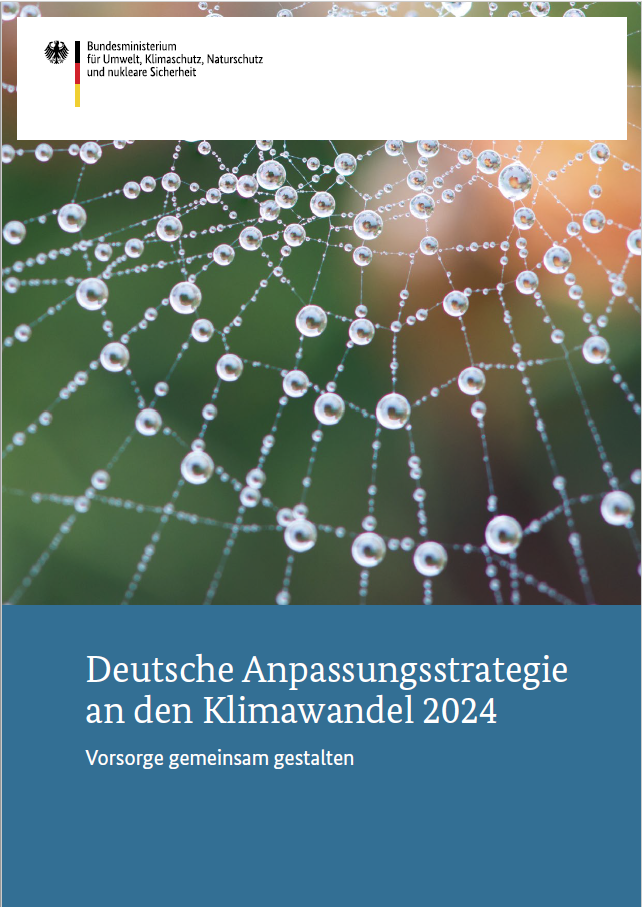



The consequences of climate change in Germany are noticeable and measurable. The year 2023 was the warmest year since measurements began in 1881, both in Germany and worldwide; the average air temperature in Germany has already increased by 1.8 degrees Celsius (°C) (linear trend) since that time. The years 2014 to 2023 were already 2.3 °C warmer than at the beginning of the measurements. At the same time, Germany has experienced catastrophic consequences of heavy rainfall and flooding in recent years, particularly in 2021 and most recently in 2024. In the future, all regions of Germany will be affected by a further rise in temperature, an increase in hot and dry days, and an increased risk of heavy rainfall and flooding events. By the middle of the century, cumulative economic damage of between 280 and 900 billion euros is expected, depending on the extent of global warming.
In the 20th legislative period, the federal government has therefore taken up adaptation to the consequences of climate change as a central challenge, alongside ambitious climate protection, and has created new, binding foundations for this with the Federal Climate Adaptation Act (KAnG). Under this law, the federal government, the states, and local authorities are obliged to address the consequences of climate change across the board and identify adaptation measures. With this new, preventive climate adaptation strategy, the federal government is now laying the foundations for
Good environmental policy is achieved when it is a joint endeavour. Get in touch with us, or get involved through one of our options for dialogue.